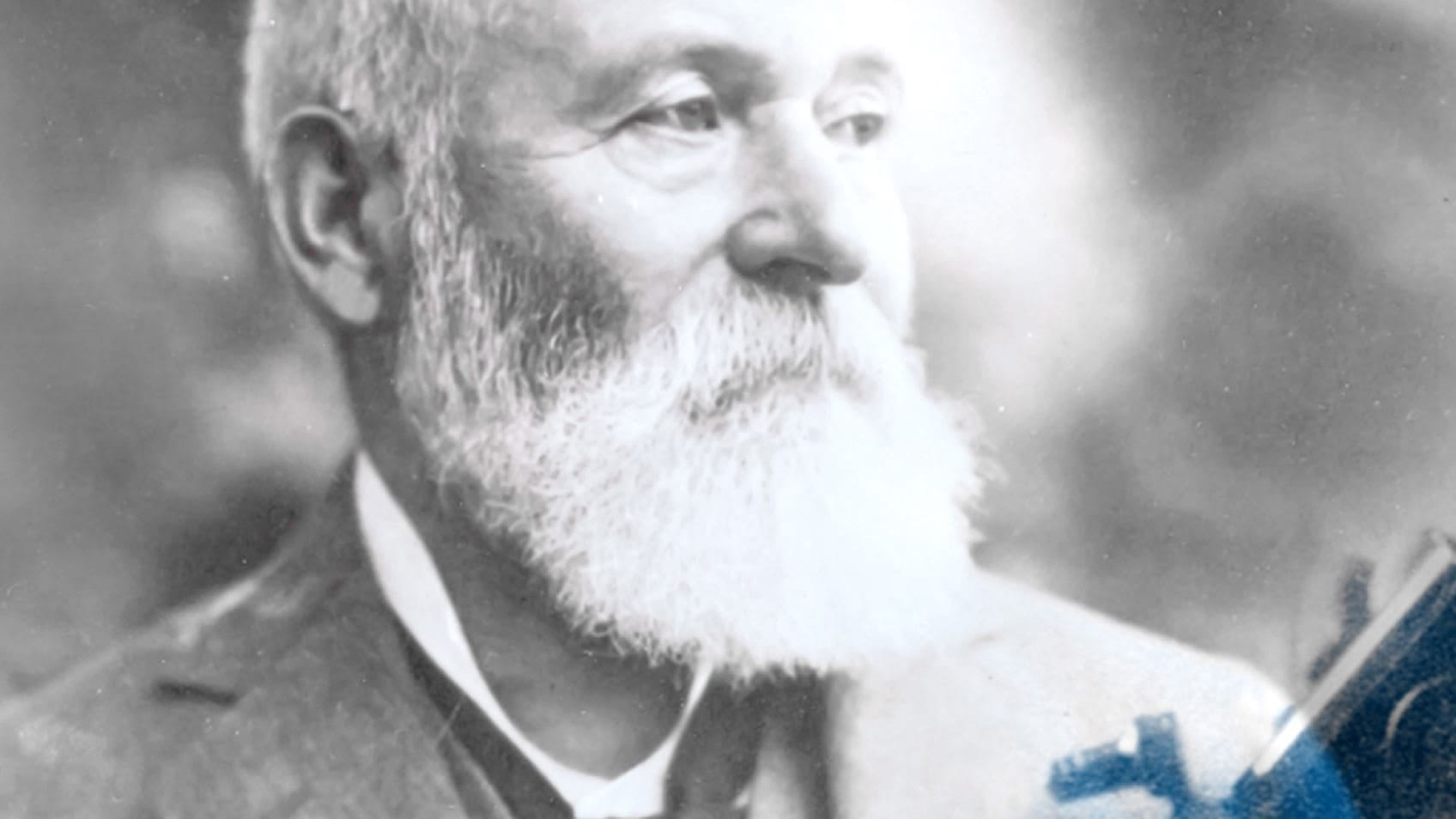Mission & Vision
The Unna Academy owes its name to Professor Paul Gerson Unna, one of the leading German dermatologists of his day.
The Unna Academy owes its name to Professor Paul Gerson Unna, one of the leading German dermatologists of his day.
Our mission is to further improve treatment responses in the field of dermatology through high-quality, innovative continuing educational measures. In order to achieve this, we‘ve engaged the services of experts around the world and established close working relationships with doctors and other medical specialists.

The Professor Paul Gerson Unna Academy was founded in Germany in 2016.

Professor Paul Gerson Unna was born in Hamburg, Germany in 1850. Unna studied medicine at the Universities of Heidelberg and Leipzig. He attained a doctorate under Prof. Heinrich Wilhelm Waldeyer at the university of Straßburg.
His doctoral work was on the subject of the histology and development of the epidermis and was published in 1876. He went on to receive his specialized training in dermatology in Vienna, where he worked in cooperation with Ferdinand von Hebra, Moritz Kaposi and Heinrich Auspitz, among others.


In 1881, he opened a private dermatological clinic in Hamburg, Germany. In 1884 Unna published his first book, Histopathology of Skin Diseases, until today one of the most fundamental works in the field of dermatology.
Besides describing all known skin diseases, Unna proposed new therapies. Among the innovations, in 1886 he suggested the use of ichthyol and resorcinol against skin diseases. In 1894 he introduced layer projection as a method for skin investigations and was the first to describe the stratum granulosum.


In 1919, Unna became an official honorary professor and received the first chair for dermatology. All his life, Unna understood the importance of combining clinical and experimental research symbiotically. He died in 1929 in his hometown at the age of 79 and left behind a breadth of research for posterity.
Dermatologists, doctors working in medical practices and hospitals as well as medical staff will discover a range of current, practice-oriented continuing education courses delivered by leading experts in the field as well as a forum for the ongoing exchange of knowledge and experience. The courses we offer are chosen based solely on objective professional criteria. True to the spirit of our namesake, Prof. Paul Gerson Unna, the Unna Academy operates transparently, product-independently and is focused solely on the well-being of patients.



Assuring a high level of dermatological expertise is just one of the Steering Committee‘s several duties. Its members are chosen from a variety of specializations. This ensures that the most important indications and issues in the field of dermatology are represented. Quality and relevance, scientific innovation, and practical benefit are the key criteria the Steering Committee uses when deciding what should be included in the program.
